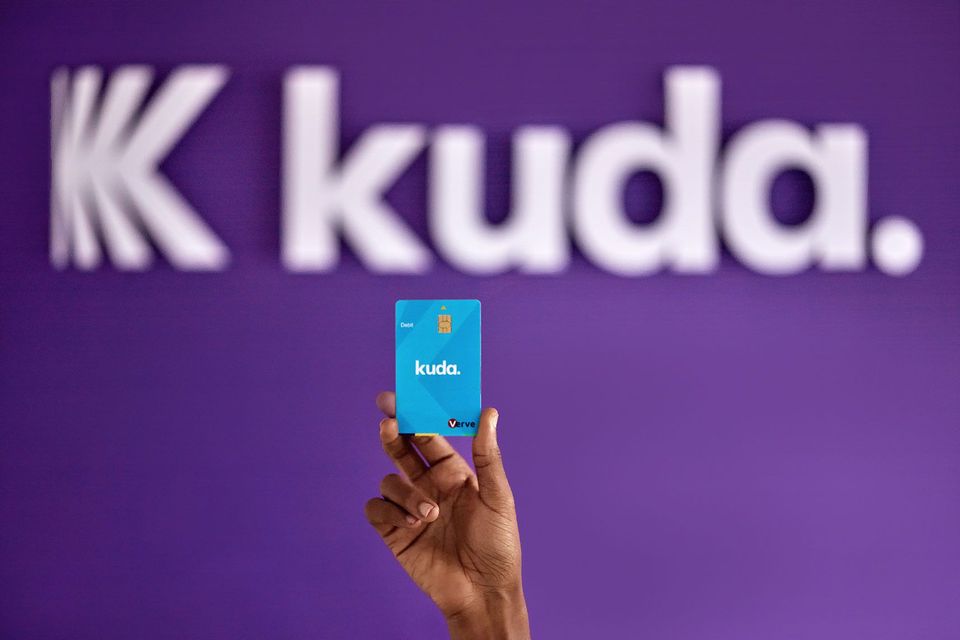How Kuda's UK expansion will drive remittance in Africa
Nigerian neobank, Kuda has expanded its operations into the UK to offer its remittance services for Nigerians in the diaspora.

One month after Nigerian fintech, Kuda confirmed its expansion plans into the UK, Ghana and Uganda, the company officially launched in the UK.
The expansion will enable an estimated 178,000 Nigerians living in the UK to combat high remittance costs on large transfers, which currently average out at 8%—significantly short of the United Nations (UN) Sustainable Development Goal (SDG) target of 3%.
Nigeria is sub-Saharan's largest inbound remittance market and among the top ten largest globally. The remittance business accounts for nearly 4% of the country's GDP as of 2020.
Kuda is entering the UK market (through its UK-based subsidiary – Kuda EMI Limited) charging a flat fee of only £3 with a transfer limit of £10,000.
"Africans in the UK are faced with barrier after barrier when it comes to financial services, from challenges setting up accounts to prohibitive and inconsistent fees on meaningful transfers," Kuda's CEO, Babs Ogundeyi said. "They are forced to limit each transfer to a few hundred pounds to avoid losing money or face escalating exchange rates with bigger transfers. But for us, it’s not just a remittance play. There’s a user experience, convenience, and price factor involved too."
Currently, global money transfer operators such as WorldRemit and Remitly, dominate the UK-Nigeria remittance market. Kuda will be joining the aforementioned and other African operators like Grey Finance, PayDay, Lemonade Finance, Kyshi, NALA (UK to East African countries), who are incumbents in the market.
In addition to remittance, Kuda intends to provide direct debits and local transfers to Nigerians in the UK down the line. The aforementioned feature will be enabled by Modulr, a UK-based embedded payments platform for digital businesses, to offer a mobile wallet, virtual and physical cards, local UK transfers and direct debits. The company currently offers similar service to fintech companies such as: Revolut, Wagestream, Sage and BrightPay.
After raising $55 million Series B in August 2021 at a $500 million valuation, the company has acquired 5 million users—thrice the number it had at the time of the round. In 2021, Kuda reportedly incurred $6 billion in losses, a 602% rise from its 2020 losses, the company laid off 5% of its workforce in September 2022.
Launched in 2016 as lending platform Kudimoney, Kuda rebranded in June of 2019 and received a banking licence from the Central Bank of Nigeria (CBN) to launch a full service digital bank. That regulatory approval made Kuda "Nigeria's first and only full-stack and mobile-first bank", allowing Nigerians to run a current account, save money, and earn annual interest.







Comments ()